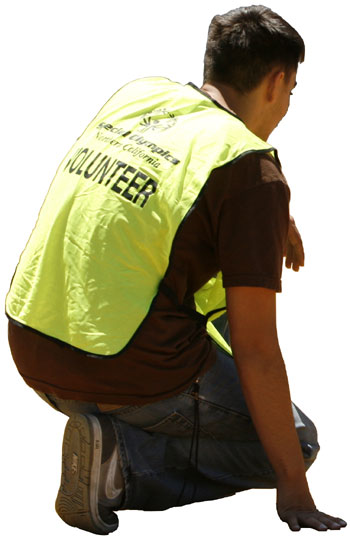We’ll make this short and sweet, featuring the highlights of celebrations and observations of May:
- May 1st – May Day. An international working class holiday, in honor of worker’s rights, celebrated worldwide and Kentucky Derby Day, the most famous horse race in the United States.
- Cinco de Mayo – May 5th. Anniversary of Mexican victory over French at Puebla in 1862, celebrated by Mexican Americans in U.S., and an official holiday in Mexico.
- Mother’s Day – 2nd Sunday in May. (May 9th) First observed in 1908, officially recognized by the President and Congress in 1914.
- Armed Forces Day – 3rd Saturday in May. (May 15th) U.S. honors men and women of the Army, Navy, and Air Force. Previously, these branches had separate celebrations, but were combined in 1950.
- Indianapolis 500 –Sunday before Memorial Day. (May 30th)(Start your engines!)
- Memorial Day – Last Monday of May. (May 31st) This legal holiday pays tribute to the memory of those who died while serving the United States in war. It was first observed in 1866.
The month of May also brings many health awareness focuses, such as: Mental Health Awareness, National Stroke Awareness, Arthritis, Lupus, High Blood Pressure Education, Cancer Research, Skin Cancer Awareness Month. These are all worthwhile causes, and deserve our investigation and assistance. Volunteering a little time to promote these issues, or making donations could mean a difference in someone’s life.
Please enjoy your month of May, whether it’s to take your mom out on her special day, purchase a fancy, new hat for the Kentucky Derby, or buy those ear plugs for the Indianapolis 500, we hope this will be a wonderful part of your spring and usher you right into summer fun! Just always stay safe!
